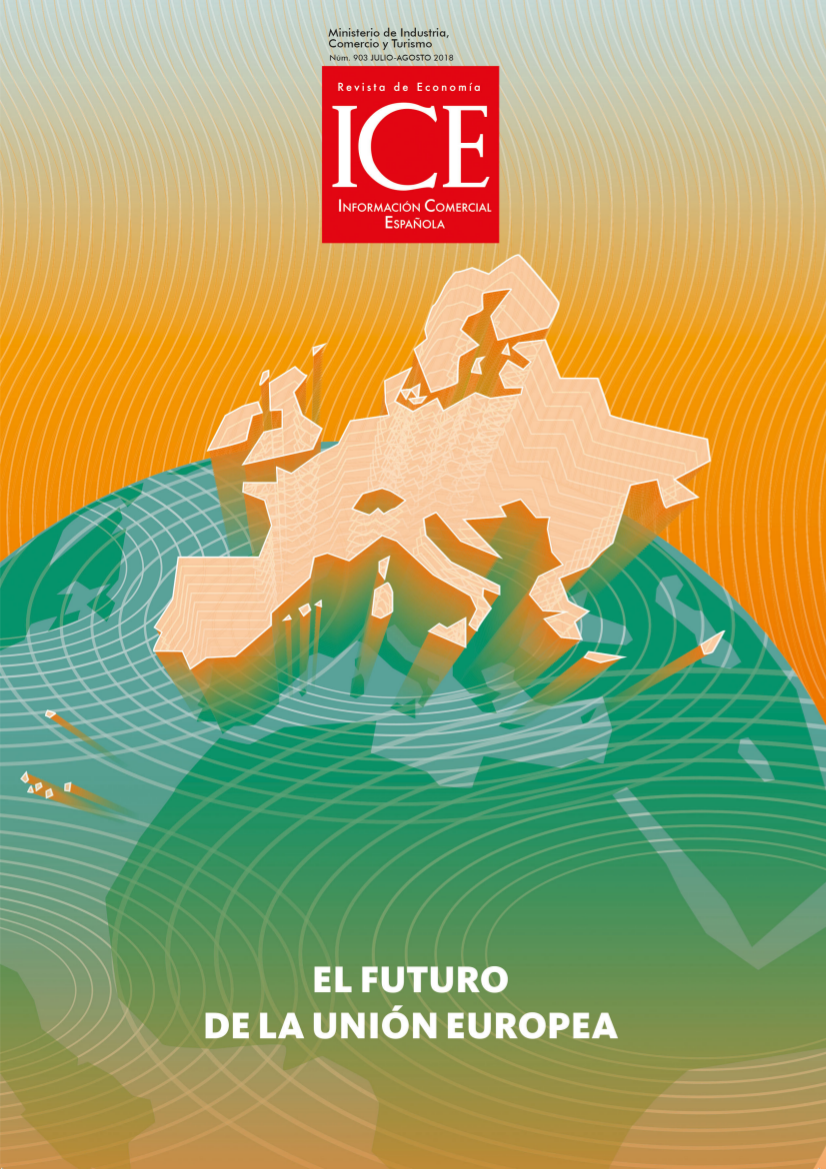Times of change. Analysis of the proposals for reforming the European Union institutions in 2019
##plugins.themes.bootstrap3.article.sidebar##
Downloads
##plugins.themes.bootstrap3.article.main##
Europe has gone through its direst crisis, and now its leaders have somewhat less than a year, up to the May 2019 European elections, to put in practice some of the proposals forwarded for democratising the European Union and reforming its institutions. The present article attempts to explain the causes and consequences of the intergovernmental drift over the past decade. It then goes on to analyse and assess the proposals for reform, in particular the indirect election of the President of the Commission, the reduction of the number of commissioners, the dual Presidency of the European Commission and Council, and the drawing up of transnational candidate lists.
##plugins.themes.bootstrap3.article.details##
Belén Becerril Atienza, Universidad CEU San Pablo
Profesora de Derecho de la Unión Europea y Subdirectora del Instituto Universitario de Estudios Europeos de la Universidad CEU San Pablo


